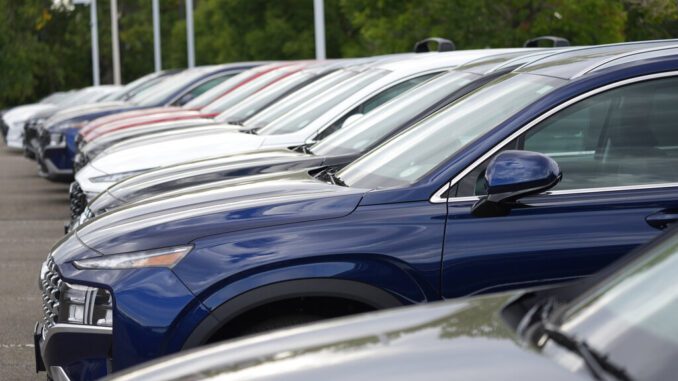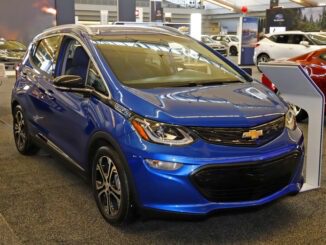
With five commercials promoting electric vehicles (EVs) as part of the recent Super Bowl, the adoption and distribution of EVs across the nation is gaining significant momentum. North Carolina’s new car and truck dealers are critical to EV distribution and are poised to proactively work with customers and their families to understand the many features and values of today’s new electric cars.
For the past 100 years, North Carolina’s new car and truck dealers have sold the latest vehicles to their customers while at the same time investing millions in the local community. The 1930s saw the advent of radios, heaters and larger engines while the 1950s witnessed new power steering, power brakes and automatic transmissions. Air conditioning, entertainment consoles, and cruise control were all consumer changes that came through the dealers’ showrooms.
More recently, the late 1990s and 2000s saw the unprecedented surge in the internet and the beginning of global access to vehicle data, features and pricing. From the internet spawned digital transactions and “touchless delivery” — both implemented by dealers and critically important during the height of the covid pandemic.
Today’s EVs represent the latest technological advancement and North Carolina dealers have been proactively implementing changes to their dealership’s facilities and operations to best support their EV customers. And, while less than 2% of the new vehicles sold in North Carolina in 2021 were fully electric vehicles, a recent Pew Research Center poll found that 40% of Americans will consider an EV as part of their next vehicle purchase. With this emerging trend, dealers are building and installing charging stations at their dealerships to support their customers.
Additionally, while both state and federal leaders have identified target sales and penetration rates for EVs in the years ahead, the extensive network of more than 550 dealers, representing countless communities across North Carolina, is the most effective and efficient model to significantly increase EV ownership in the Tar Heel State. In planning for the years ahead, dealers are already purchasing and installing EV-specific tools and equipment within their dealerships to service these new vehicles. Likewise, dealership technicians are proactively taking the required courses at local North Carolina community colleges to be prepared to service their customers’ EVs.
Along with the dealers, vehicle makers, from GM to Honda to BMW, are ramping up their efforts to address the EV needs of future drivers. Working in partnership with dealers, the manufacturers are building vehicles, with dealer input, to address the real concerns of North Carolina customers. Over the next five years, more than 160 new EV models will be rolled out and available on dealership showroom floors across the Tar Heel State.
While tomorrow’s EVs will continue to shape the transportation future of North Carolina, from a statewide grid of charging stations to vehicle-to-infrastructure communications, the mission of tomorrow’s new car and truck dealers, and their 37,000 employees, will remain the same as it has been for the past 100 years: to best address the needs, concerns and services of the car buying public.
Consumer demand will drive the eventual adoption of EVs on today’s roadways. Should it take 5 years, or 25 years, North Carolina’s franchised car and truck dealers are key to making that EV revolution a reality and remain the best resource for consumers, state agencies and the vehicle makers to ensure that the voice of the customer is heard.
Robert Glaser is President of the North Carolina Auto Dealers Association


